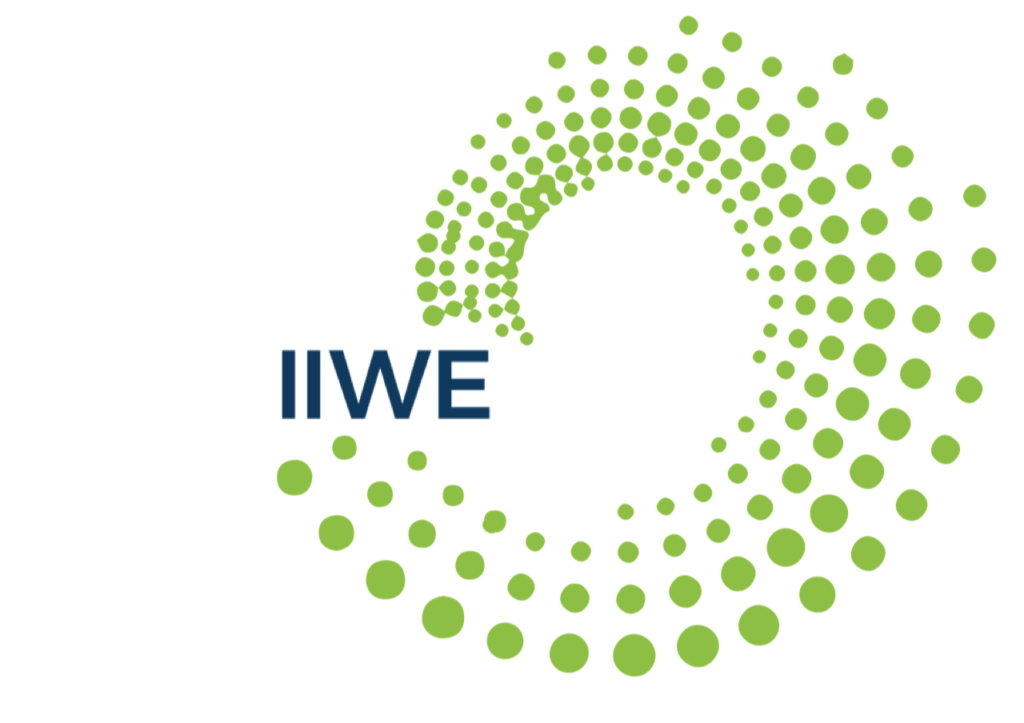
Since 2010, IIWE has been empowering hundreds of people to foster personal wellbeing, resilience, and cultivate a collective mindset.
“Thank you all for a very fulfilling program experience! Superb facilitation, moderating, and content.”
“Amidst PMI’s reconfiguration, the pandemic struck, exacerbating the anxiety and stress already present due to multiple change programs and workplace uncertainties. IMF played a pivotal role in fostering greater engagement and cohesion throughout PMI. The transformation work not only persevered but accelerated. As a unified team, we successfully completed a comprehensive overhaul of PMI operations in three years, surpassing the original five-year plan. Motivated by the challenges posed by Covid-19, strong leadership, and the invaluable integration and support of the IMF program, we achieved remarkable success.“
Project: Analog to Digital Transformation PMI 3.0
Industry: Professional Development & Education
Challenge: Accelerate the shift from analog to digital while fostering team unity and inspiring a shared vision, using digital technology to revolutionise customer value delivery. This transformation, from 1.0 to 3.0, wasn’t just about upgrading digitally; it was a quantum leap that occurred amidst the COVID-19 pandemic, demanding a resilient and adaptable mindset, fortitude, and flexibility amidst unprecedented emotional, mental and personal strain.
Solution: Support employees across six continents during periods of high stress, exponential growth, and innovation, providing comprehensive assistance to navigate the challenges and opportunities of the digital transformation journey.
Outcomes:
Key Takeaways: Employees rally together and commit to others’ success and shared goals when one creates a culture infused with wellbeing, openness, shared purpose, strong leadership, vulnerability, and inclusivity.
Key Features:
Mindset and Behavioural Shifts
Note: Data was collected using an internationally recognised Positive Wellbeing scale used to evaluate projects, programs, and interventions aimed at enhancing overall wellbeing. It facilitates a deeper understanding of wellbeing at both individual and organisational levels.
The scale evaluates positive action and change by covering key aspects of psychological functioning, including optimism, autonomy, agency, curiosity, clarity of thought, and positive relationships, as well as positive affect.
National India Infrastructure Fund
Title: Aligning Values and Enhancing Team Cohesion Across NIIF.
Client: NIIF (National Investment and Infrastructure Fund)
Industry: Sovereign Fund Infrastructure Investments
Create greater alignment between employees, and solve noticeable gaps between employee perceptions and the organisation’s core values. These challenges were exacerbated by the geographical dispersion of teams across Mumbai, Delhi, and other locations, impacting overall team cohesion and effectiveness.
A comprehensive engagement strategy was implemented, focused on:
These mindset and behavioural shifts collectively contributed to enhanced team cohesion and alignment with the organization’s core values, ultimately supporting NIIF’s goals of improved infrastructure investment outcomes. This transformation also likely led to a more inclusive, engaged, and responsive organisational culture
“Now fearless, my mind has become more alert and calm. I have experienced a significant improvement in my mental focus, memory, life and leadership skills. I have developed better judgement, become more discerning, have greater confidence, and am quite happy to accept the uncertainty and impermanence of life.”
“Given the high levels of stress prevalent in modern corporate life, the Retreat offered a comprehensive understanding and expertise in holistic wellbeing, and personal growth. Moreover, the practices learned are tailored for everyday individuals, aiming to promote better health, mental focus and clarity, and resilient living.”
“Absolutely Amazing! The experience is customized, and if one is remotely serious, then the possibilities of unlocking the powers of your mind, unfurl beautifully.”
Project : A Mindfulness and Self-Reflection Retreat for C-Suite Executives
Client: C-Suite Leaders
Industry: Cross-Industry
Top executives from various sectors face relentless demands and pressures that often detract from personal growth and organisational vision. The challenge was to facilitate a transformational experience that would allow these leaders to detach from the rigours of daily corporate life, engage deeply with their inner selves, and refine their leadership approach in alignment with broader personal and professional aspirations.
Solution:
A meticulously designed weekend retreat provided a serene sanctuary conducive to mindfulness and self-reflection. This retreat guided participants through a holistic journey, focusing on key aspects of their lives, careers, and relationships.
Outcomes:
Key Takeaways:
Key Features:
Mindset Shifts:
1. From Isolation to Connection:
2. From Fixed to Growth Mindset:
Behavioural Shifts:
1. Increased Openness and Vulnerability:
2. Active Listening and Empathetic Engagement:
3. Commitment to Continuous Learning and Development:
These mindset and behavioural shifts collectively contributed to a more cohesive and supportive C-suite leadership community, better equipped to navigate complex challenges and drive positive change within their organizations and beyond.
“This experience is going to benefit me for years to come. I am way more resilient and view challenges and problem solving from a totally different lens.”
“The training program was a tremendous challenge, as well as a fantastic journey! The entire team supported our inner growth with immense dedication. Each session was highly supportive and open. I am now committed to my wellbeing every single day!”
“The founder, Radhika Vachani’s book, ‘Just Breathe,’ inspires you to live life with solidity and wholeness, despite the impermanence, uncertainty, and challenges we are all confronted with.”
Our Core Mission: Elevating global wellbeing and resilience by providing innovative education and tools that empower individuals and communities worldwide.
Our Vision: Shaping a future where both individuals and organisations thrive sustainably.
Offices & Contact
USA & India
Email: hello@instituteiwe.org
Whatsapp: +91 98331 98371